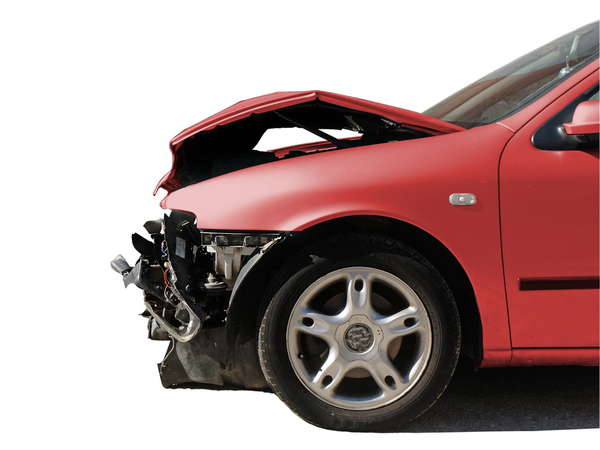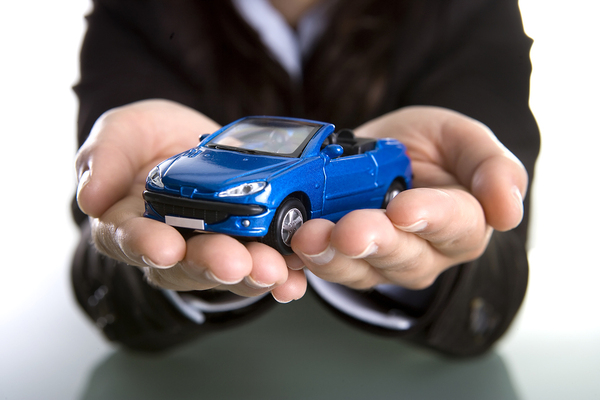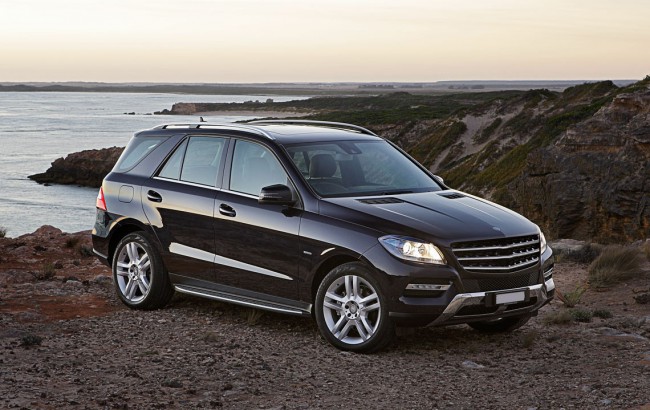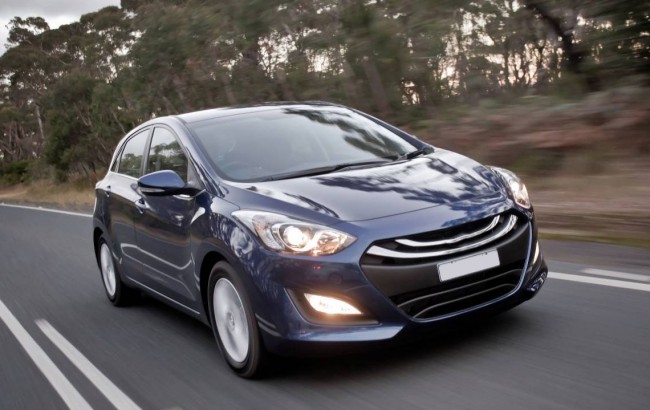A Deeper Look at Auto Insurance Coverage
A Deeper Look at Auto Insurance Coverage

You may not be covered against accidents if you have the wrong insurance.
Buying a new car means buying a multitude of other things, from license plates to parking passes. But the single most important thing you’ll buy is your car insurance. Despite that, most of us couldn’t tell you what our car insurance covers us for, so we’ve taken a deeper look at how insuring your car works.
State Minimums
Every state has a different requirement for car insurance, so before you buy, you should know what you’re legally obligated to have to get on the road. You can easily find this by calling your state’s transportation department or looking it up online. As a rule of thumb, you’ll need to be able to cover a certain amount of property damage, called property damage liability, and injury, called bodily injury liability, caused by an accident if you’re found to be at fault.
This is an important point to remember: Minimum insurance only covers others, not your vehicle or passengers. Minimums are also unlikely to cover the full cost of an accident, so ask about the average cost of an accident and increasing your coverage.
Uninsured Motorist Coverage
Unfortunately, not everybody gets on the road with the right insurance, or any insurance in some cases. It’s estimated that one in eight drivers on American roads are uninsured, with some states like Oklahoma ranging as high as 26%. If those drivers hit you, you’ll need to pursue their assets through the court system with no guarantee of payment. Uninsured motorist coverage steps in and fills in the financial gap, and while not legally required in most states, is highly recommended.

The best hands to be in with auto insurance are your own.
Personal Injury Protection And Collision
States don’t generally require you to buy coverage for damage to your car or injury to yourself or your passengers. For that, you’ll need personal injury protection, PIP for short, also called medical payments coverage, and collision. For personal injury, you should try to insure as broadly as possible: If you’re found to be at fault it’ll cover expenses beyond doctor bills, which can be extensive.
Collision covers being hit by a car, hitting an object, flipping over, and in some cases potholes. For collision, you should insure your car as close to its total value as possible. Remember that even if your car is turned into a pile of scrap, you’ll still need to pay off the loan. Also remember collision has a deductible that you’ll need to meet before your insurance takes over. The higher the deductible, the lower the payment, but remember, that means you’ll be on the hook for potentially hundreds of dollars.
Comprehensive
Comprehensive is essentially everything else that can take your car off the road. Getting crushed by a tree, getting trapped in a flood, catching on fire, and all the other unlikely but possible scenarios. Generally with new cars, comprehensive insurance is a good idea, but as time goes on, your car may lose enough value that you’re paying more for the comprehensive insurance than the car is worth.
Which insurance is right for you will depend on the car and what you need. But make no mistake, you need insurance. If you’re looking for a new car to insure, subscribe to get alerts on vehicles in your area.


